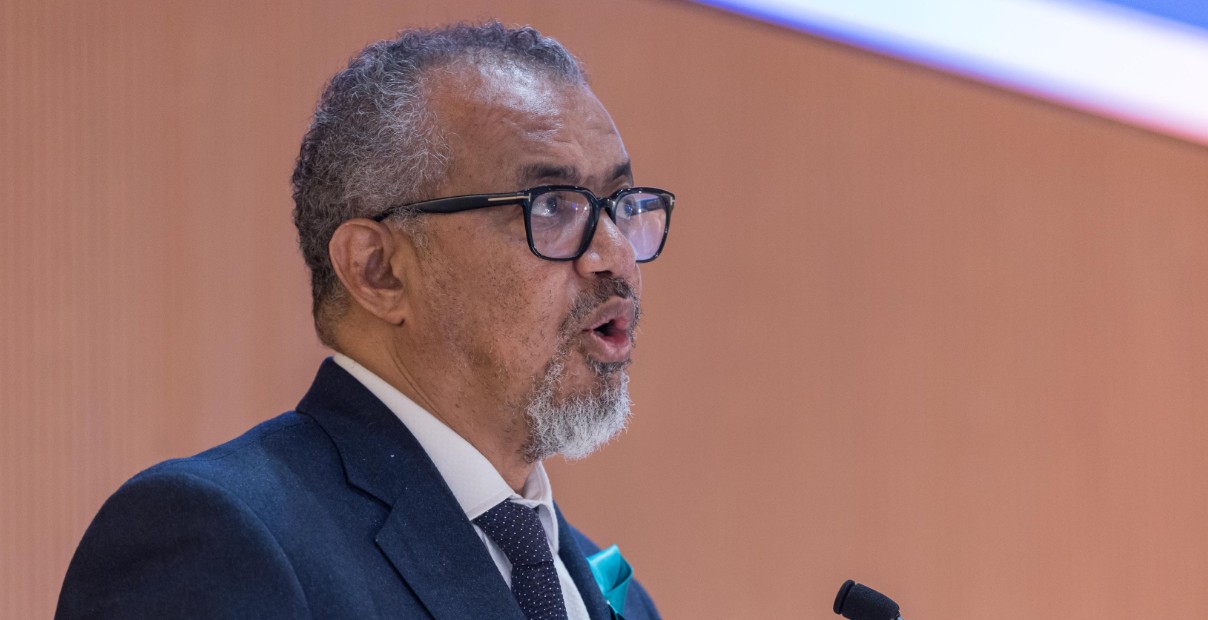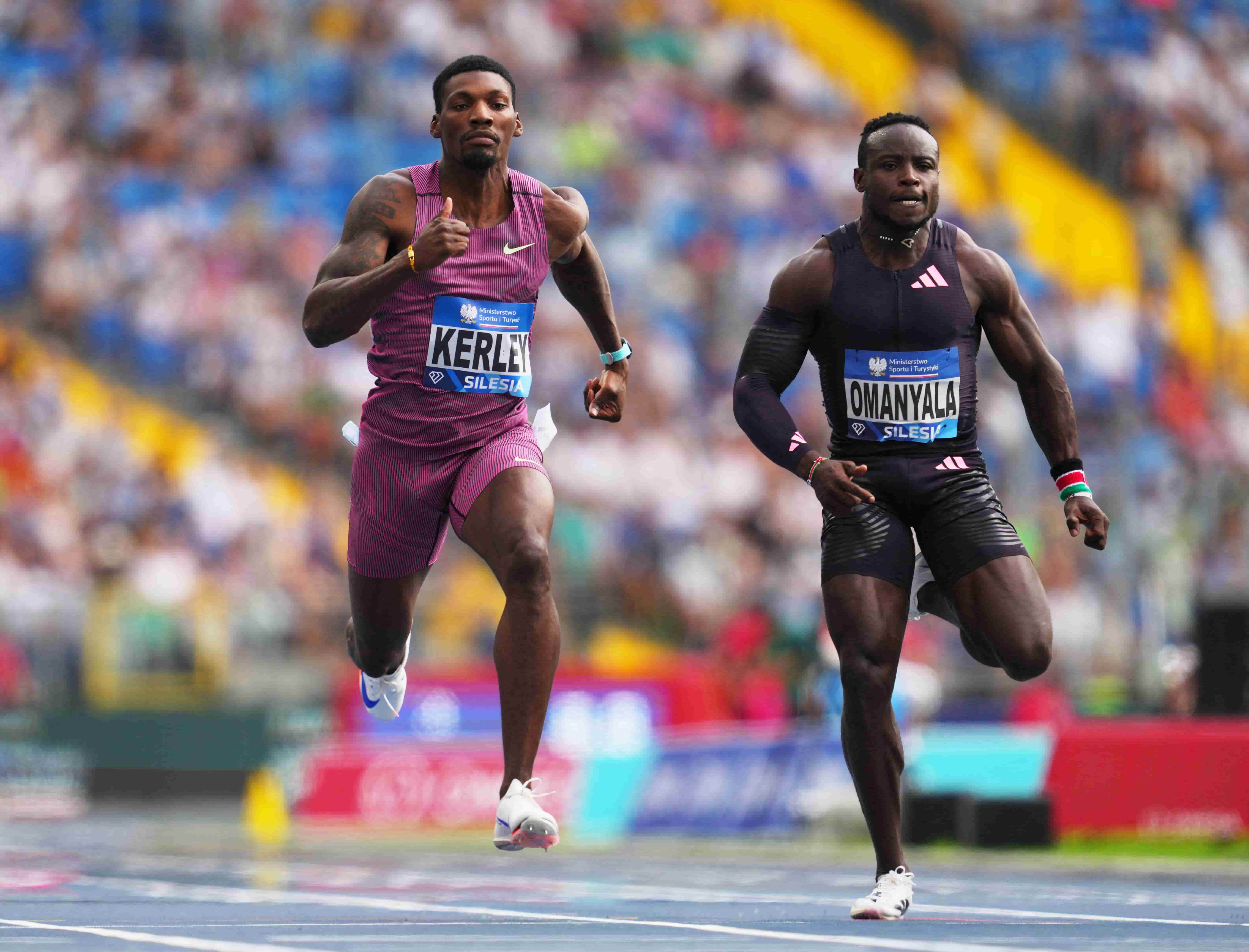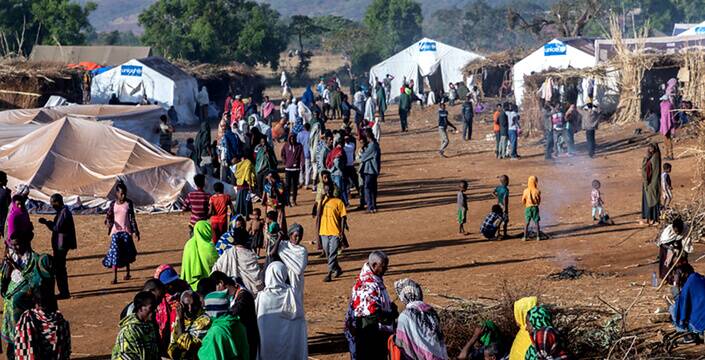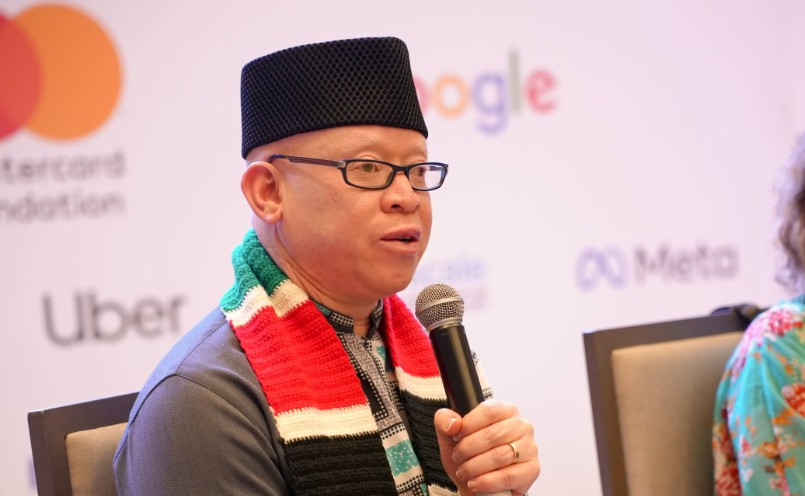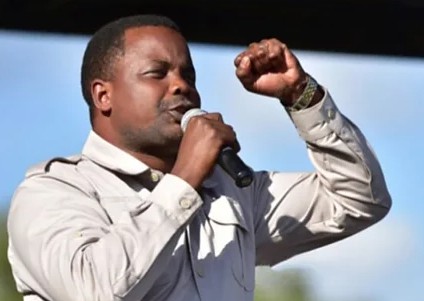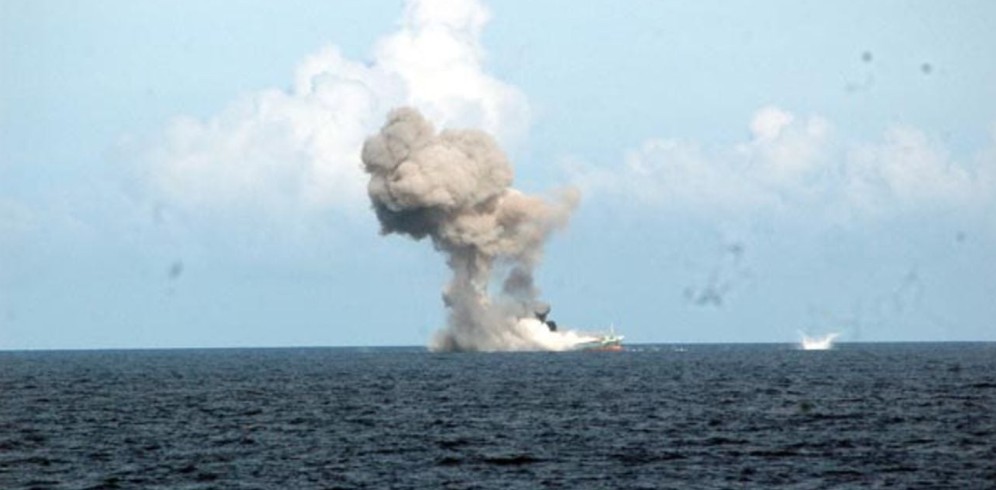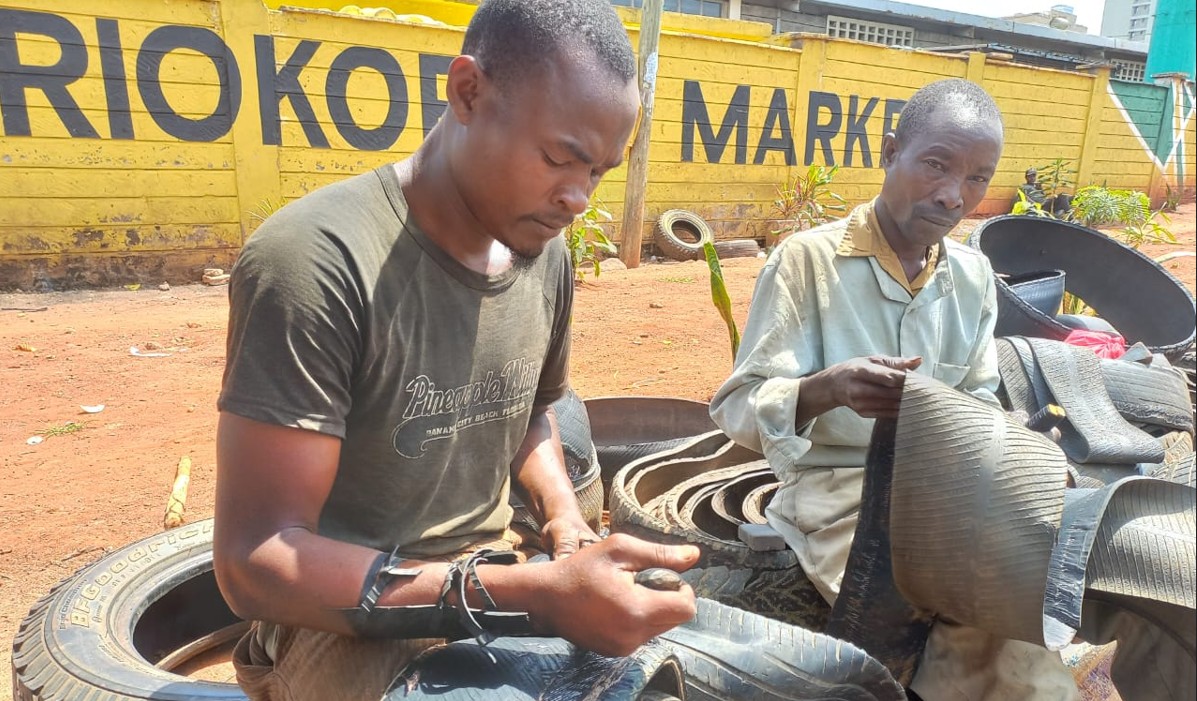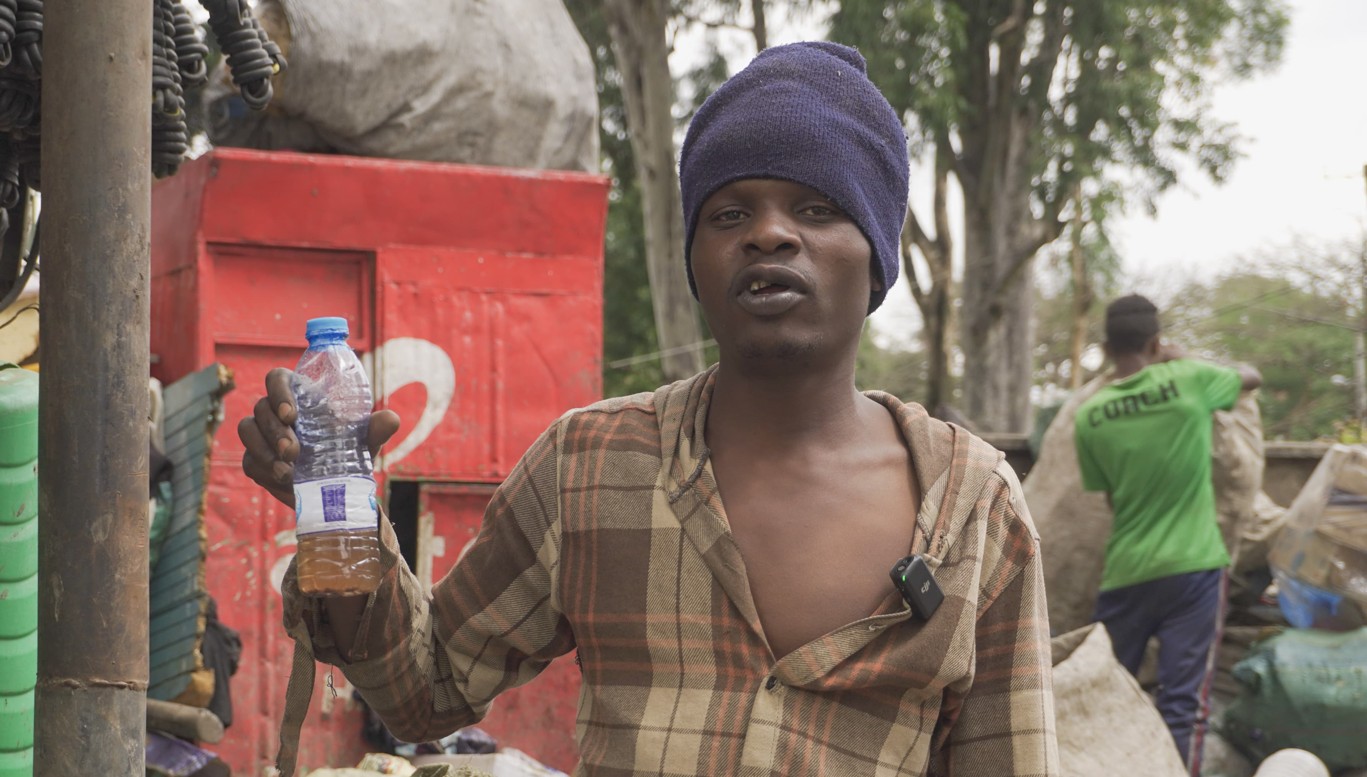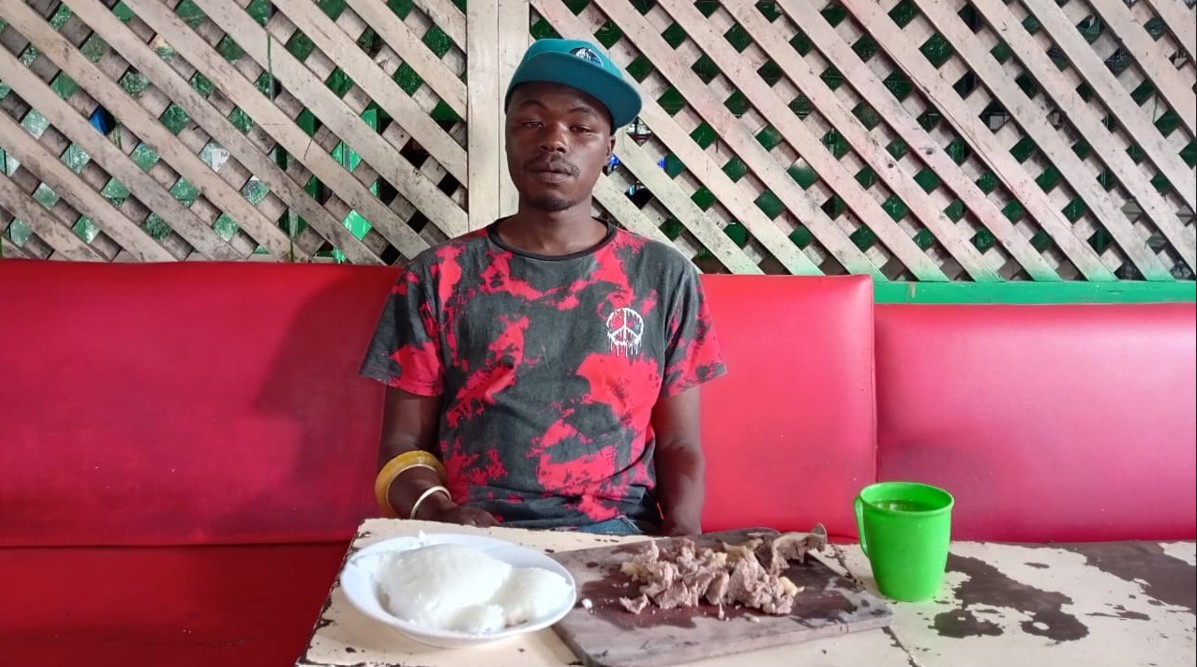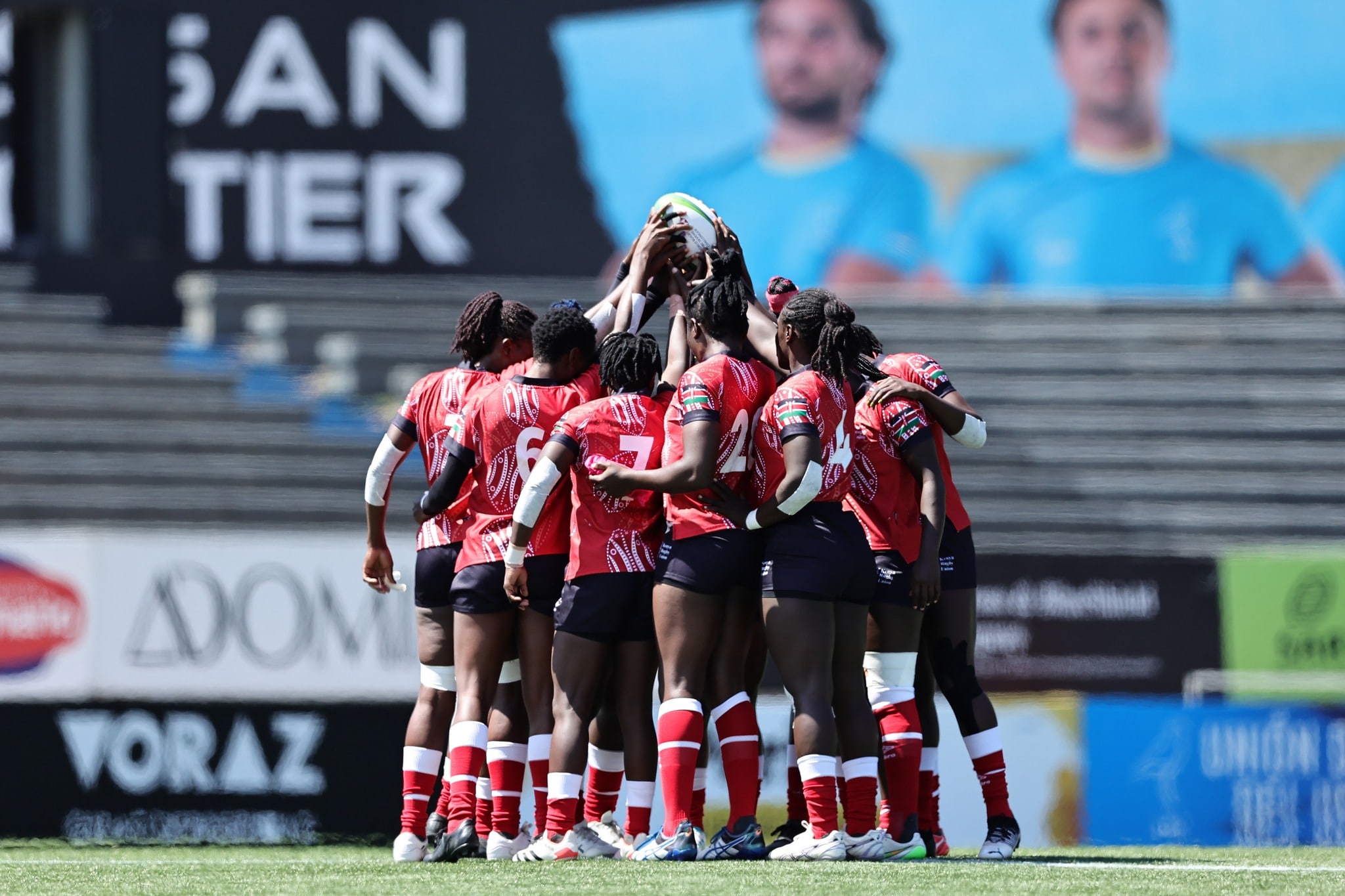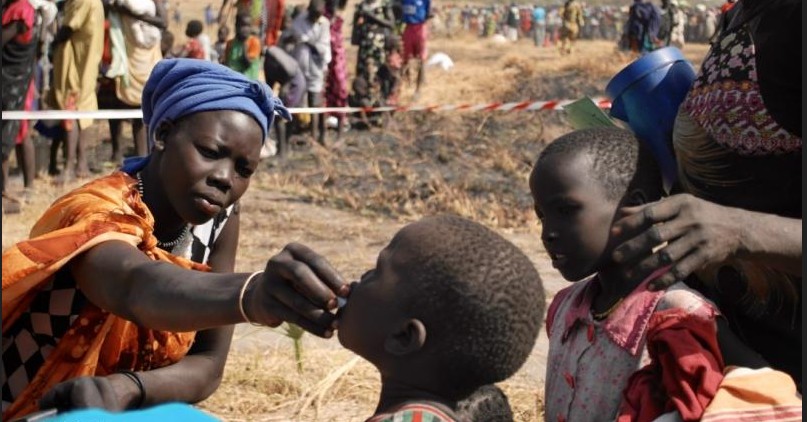Attacks by Sudan's RSF leave over 200 dead as force prepares political charter
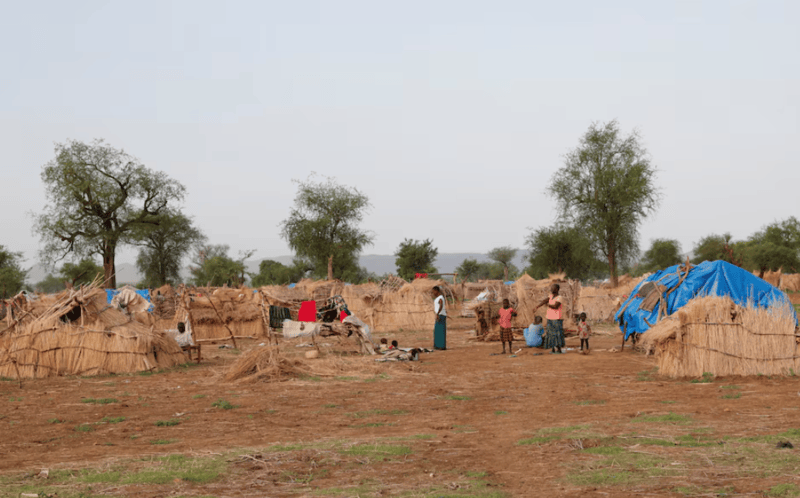
White Nile state, where activists said three days of RSF attacks had left more than 200 dead, has emerged as a key battleground as the army regains territory.
Attacks by Sudan's Rapid Support Forces (RSF) have killed more than 200 people over the past three days, activists said on Tuesday, as the paramilitary group delayed signing a political charter that could pave the way for a breakaway government.
After nearly two years of war between the RSF and Sudan's army, the RSF controls most of the west of Sudan and parts of the capital, Khartoum, but has been losing ground in central Sudan to the army.
More To Read
- No military victory will end Sudan’s war, says former PM Abdalla Hamdok
- Sudan's warring sides trade blame after five aid workers killed in attack on UN convoy
- Sudan’s Prime Minister Kamil Idris dissolves government amid transition push
- Is Sudan’s war the reason for South Sudan’s economic crisis? What’s really going on with oil revenue
- Ruto blasts Sudan generals over escalating war, warns of humanitarian catastrophe
- MSF warns of rising sexual violence in Darfur, urges urgent protection, medical support
White Nile state, where activists said three days of RSF attacks had left more than 200 dead, has emerged as a key battleground as the army regains territory.
The attacks occurred in villages around the town of al-Gitaina, said Emergency Lawyers, a group that has monitored the impact of the conflict on civilians.
One eyewitness told Reuters by phone: "The RSF attacked on Sunday morning... with all sorts of weapons firing randomly, and so dozens of people were killed instantly and more were injured."
"Those who tried to flee across the Nile were shot at, drowning them," Emergency Lawyers said, in what it called "an intentional act of genocide".
The RSF could not immediately be reached for comment.
The war in Sudan has created what the UN has called the world's largest humanitarian crisis, and both the RSF and army have been accused of extensive human rights violations. The United States has determined that the RSF has committed genocide in areas under its control.
Charter signing in Nairobi
The attacks came as the RSF assembled allied politicians and armed group leaders in the Kenyan capital, Nairobi, to sign a charter that would provide for a "Government of Peace and Unity" to govern the territories the force controls.
The charter could mark a turning point in the war, cementing a split along battle lines even as the fight for control over some areas rages on.
However, politician Fadlallah Burma Nasir, head of the Umma Party which is split over whether to participate, said that the signing of the charter was postponed until later in the week to allow for a fuller representation from rebel leader Abdelaziz al-Hilu's SPLM-N.
The SPLM-N is a large secular military faction that controls wide swathes of the famine-stricken South Kordofan and had not previously taken a firm position in the conflict between the army and the RSF.
An alliance with the RSF - on the basis of self-described marginalised groups fighting against the powerful centre represented by the army - could boost the paramilitary's territory and numbers.
"We want to build a new state, that is different from the old Sudan, which was based on separation, discrimination, hatred, corruption, and so on," said al-Hilu.
Government spokesman Khalid Aleisir told Reuters: "Abdelaziz al-Hilu's group showed poor judgment when they joined (the RSF's) agenda, but we know there is external power being exerted," alluding to army accusations that the United Arab Emirates supports the RSF, which the UAE denies.
"In all the areas these gangs are present, the population refuses completely for the militia to speak for them or to impose a 'New Sudan'," he added.
Top Stories Today

